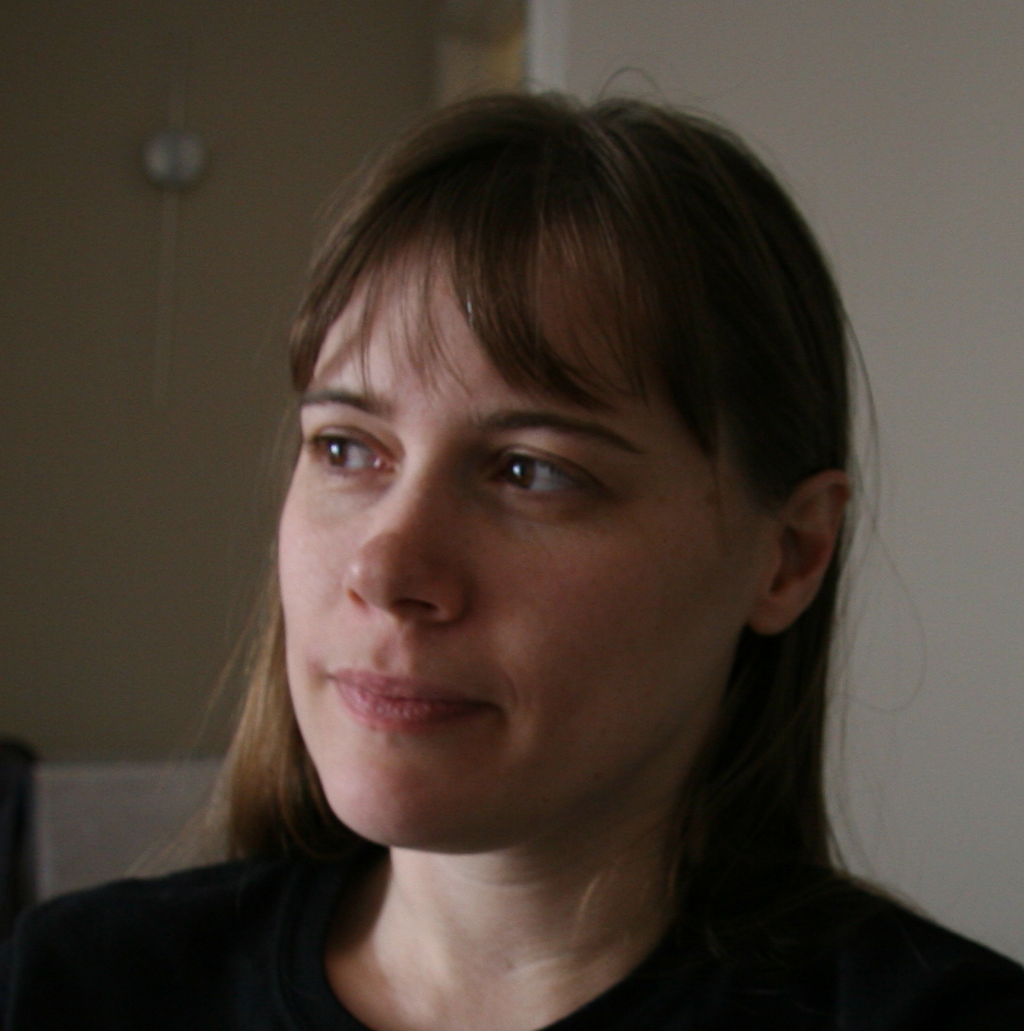The news of the past few years is one small ripple in what is a great wave of culture and history, a generational clash of civilizations. If you want to understand why governments are acting and reacting the way they are, and as importantly, how to shift their course, you need to understand what they're reacting to, how they see and fail to see the world, and how power, money, and idea of rule of law actually interact.
Our relationships with work and property and with the notion of national identity are changing rapidly. We're becoming more polarized in our political opinions, and even in what we consider to be existential threats. This terrain determines our world, even as we
deal with our more individual relationships with authority, the ethics
imposed by our positions in the world, and the psychological impact of learning that our paranoia was real.
The idea of the Internet and the politics it brings with it have changed the world, but that change is neither unopposed nor detatched from larger currents. From the battles over global surveillance and the culture of government secrecy to the Arab Spring and the winter of its discontent, these things are part of this moment's tapestry and they tell us about the futures we can choose. The world is on fire, and there is nowhere to hide and no way to stay neutral.

